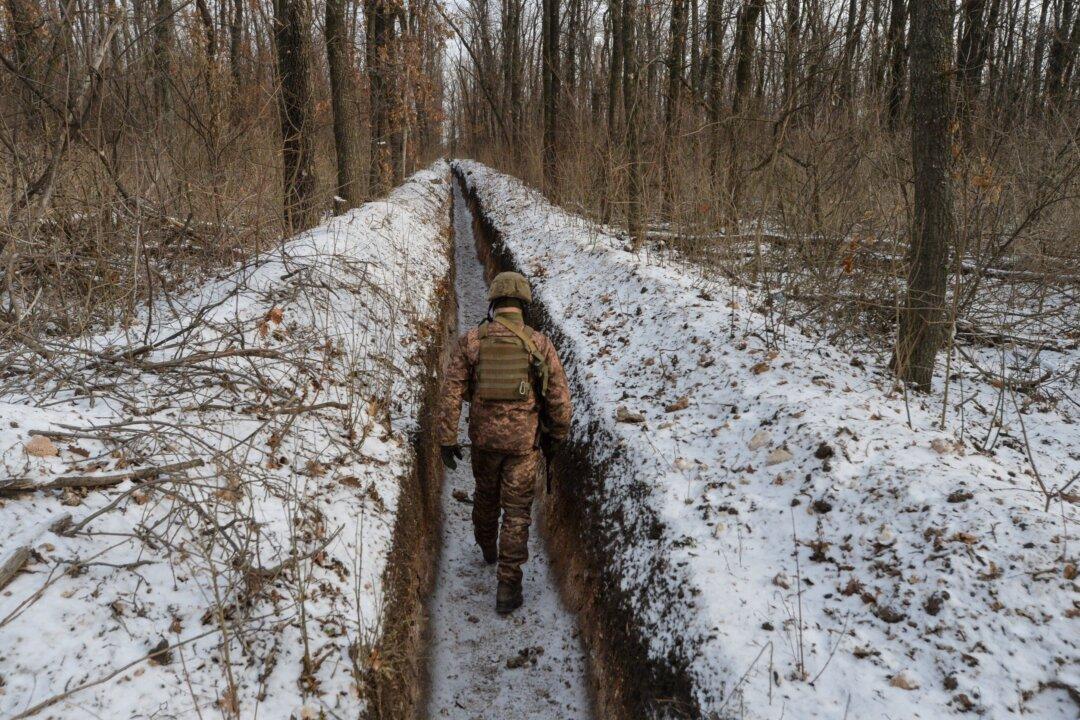Analysis
The Russian stock market has plummeted in recent days, anticipating Russian president Vladimir Putin’s diplomatic recognition of Ukrainian separatist regions and the announced deployment of Russian troops.

The Russian stock market has plummeted in recent days, anticipating Russian president Vladimir Putin’s diplomatic recognition of Ukrainian separatist regions and the announced deployment of Russian troops.